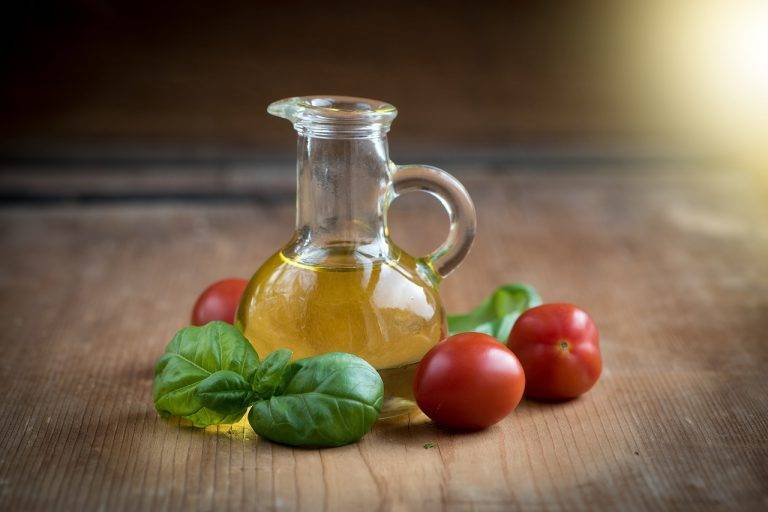The cuisine is made up of unexpected combinations, curiosities, new flavours, experiments and innovative research but in this continuous pursuit of the newest and most particular flavours, we must not forget the key elements of our cuisine.
A fundamental ingredient of many recipes and the secret of the success of many preparations as well as the symbol of the Mediterranean Diet, Extra Virgin Olive Oil is not only the condiment par excellence for those who “eat healthy”, but a real food that enriches our dishes of taste and nutritional properties.
The choice of oil to use in cooking depends on multiple factors, the fatty acid content contained in the food, the type of cooking in which you want to use it and the type of cooking or whether you want to use it raw as a condiment. Extra Virgin Olive Oil is certainly the ideal dietary fat, to be used both raw and in cooking.
To season raw
Cold-pressed Extra Virgin Olive Oil is ideal for raw seasoning, thanks to its ability to enhance the flavour of the ingredients. Moreover, when raw it keeps its beneficial and nutritional organoleptic characteristics completely intact and can fully release all its simply unmistakable flavour.
For short cooking
Evo Oil, among all the different types of oil, is the most suitable, thanks to its smoke point. The smoke point is the maximum temperature that an oil can reach before burning and decomposing, producing a toxic and carcinogenic substance called acrolein.
The smoke point of Extra Virgin Olive Oil is quite high and reaches around 195°-198°. For this reason, it is an oil particularly suitable for short cooking, giving its incredible flavour without being toxic.
For cooking in the oven
For this type of cooking, Extra Virgin Olive Oil perfectly manages to enhance the flavour of the dishes without overpowering them, creating a harmony of flavours that is simply irresistible. It is advisable to use an oil with a medium-intense flavour.
For the preparation of desserts
Butter (animal fat) can be replaced by Extra Virgin Olive oil (vegetable fat) in order to create slightly lighter and healthier desserts but also more fragrant, soft and fluffy. Extra Virgin Olive oils with a delicate fruitiness are preferable. Keep in mind that 100 grams of butter is equivalent to about 80 grams of Evo oil.
For frying
Extra Virgin Olive oil is also perfect for frying – contrary to what is commonly thought – thanks to its high smoke point and the presence of monounsaturated fats within it.


